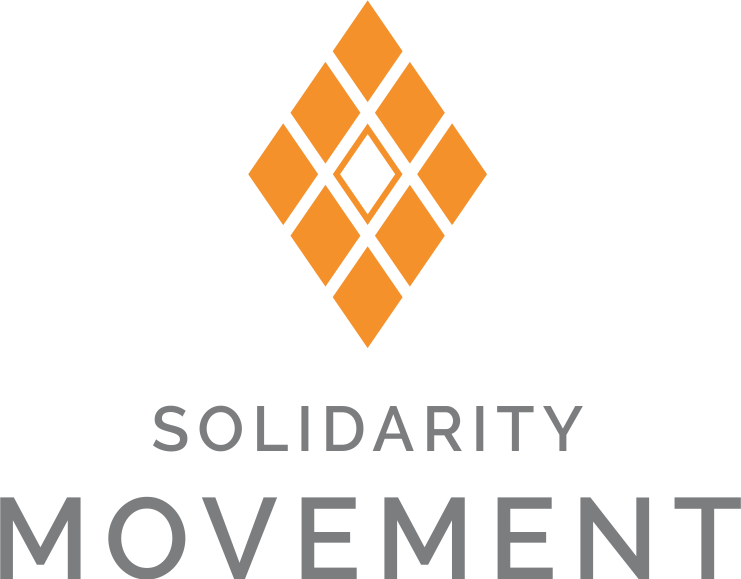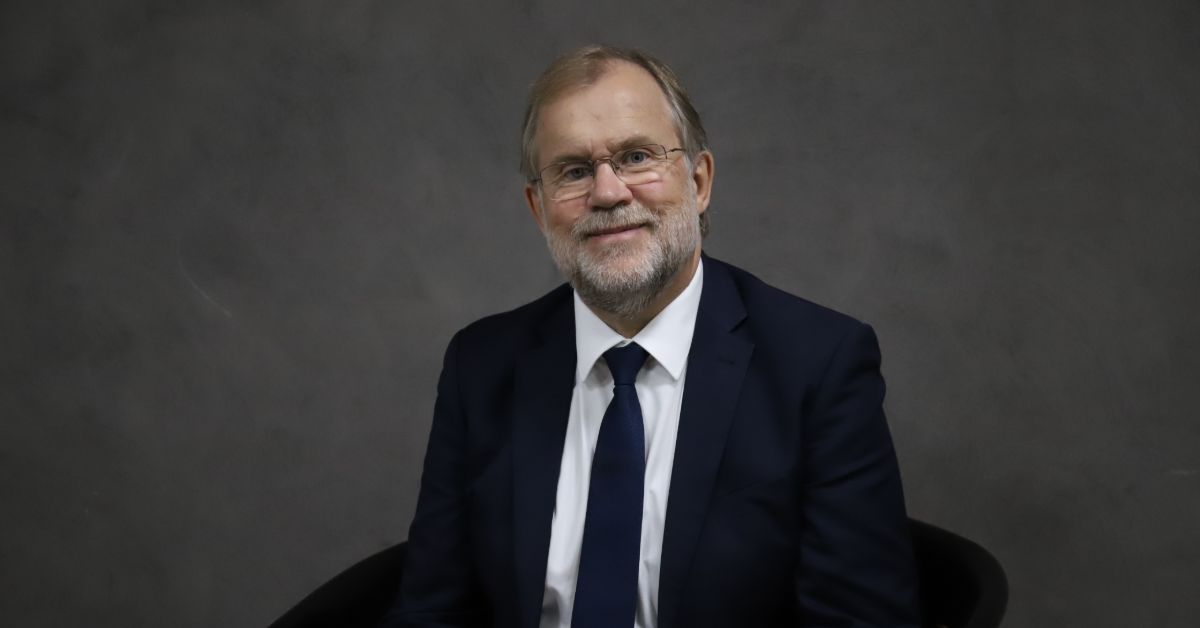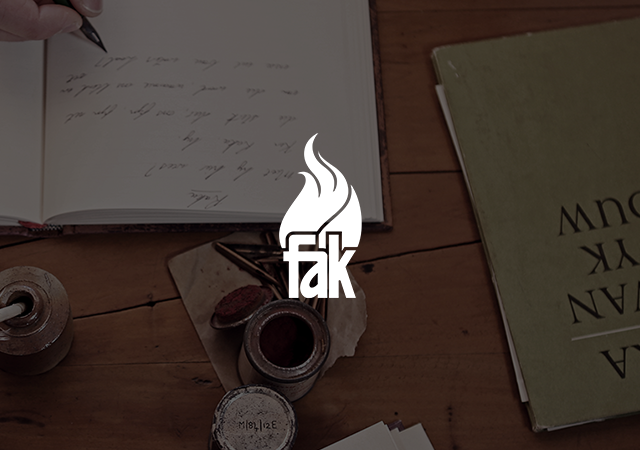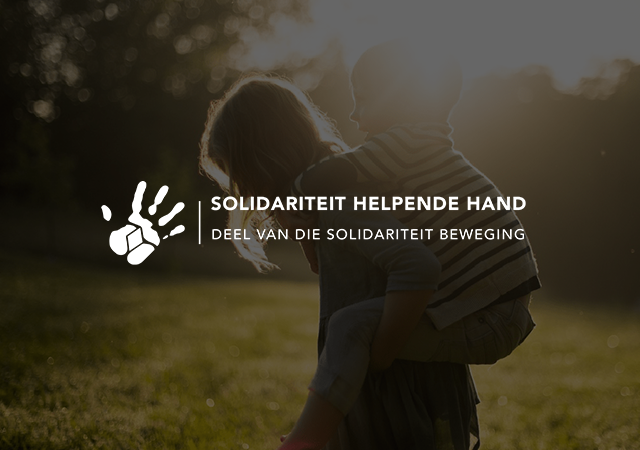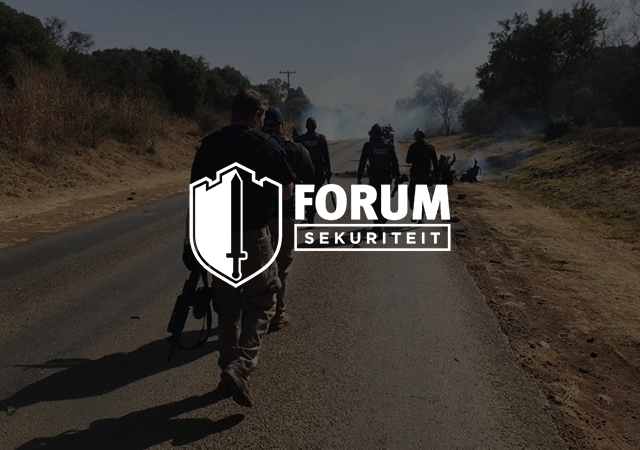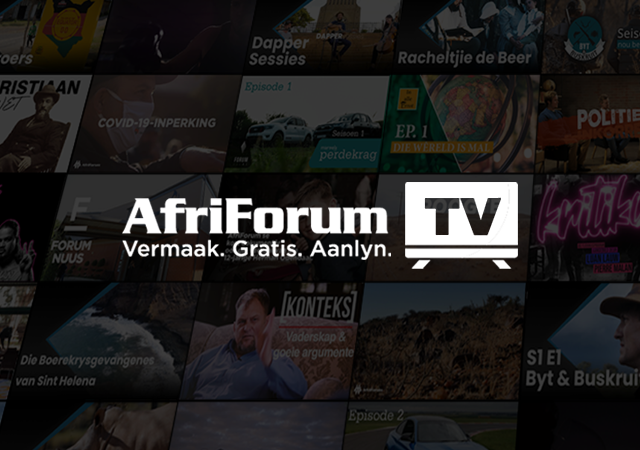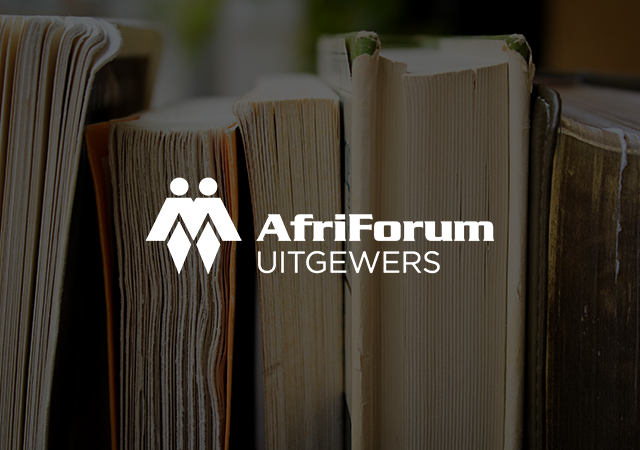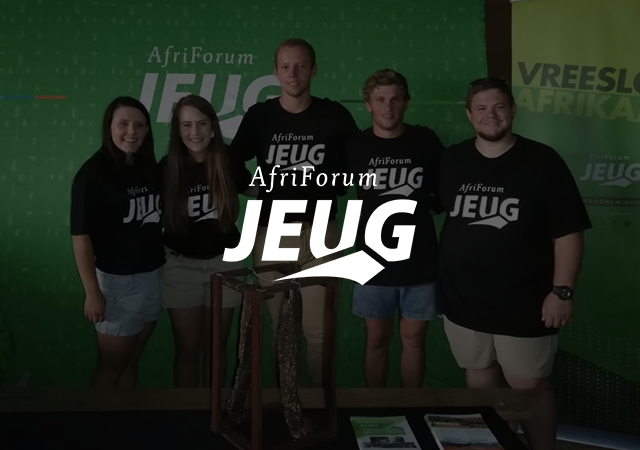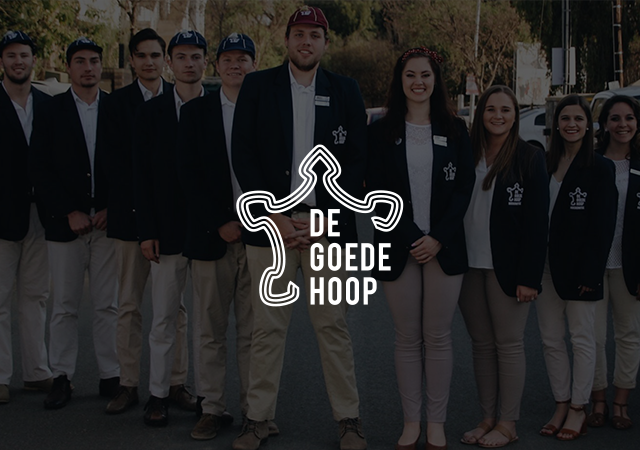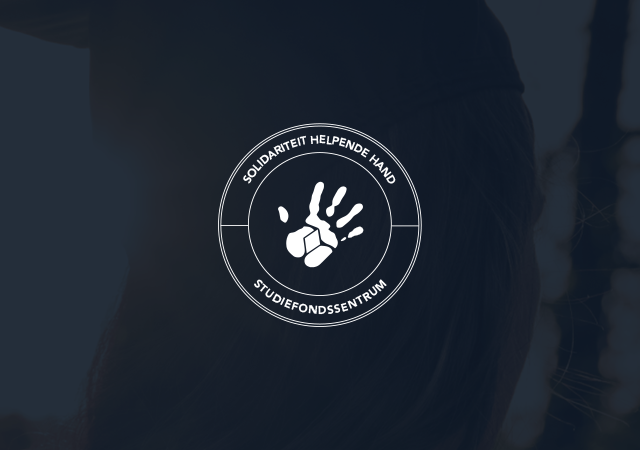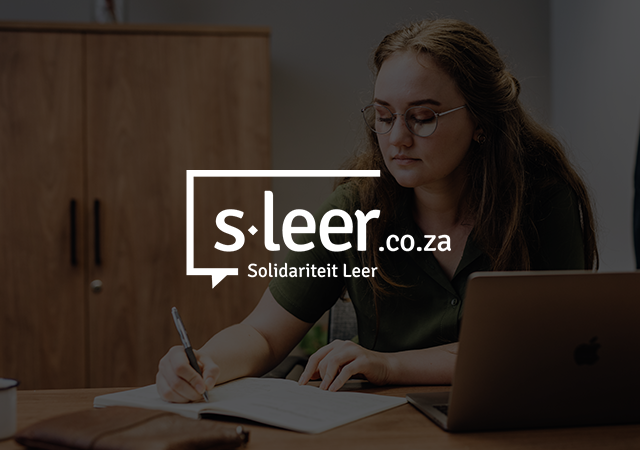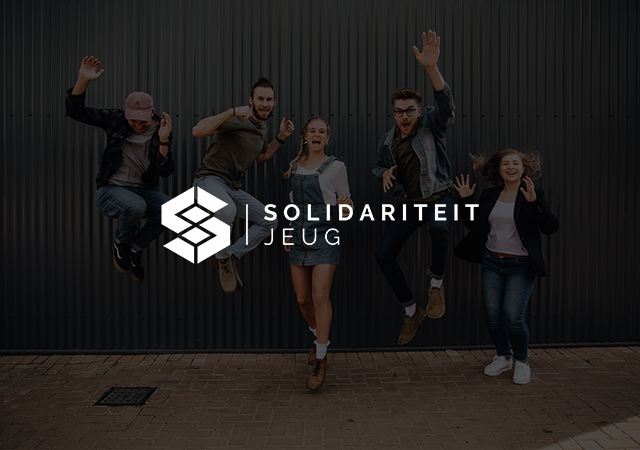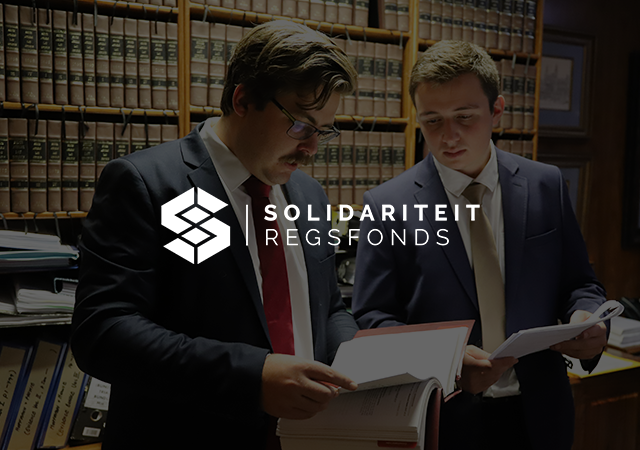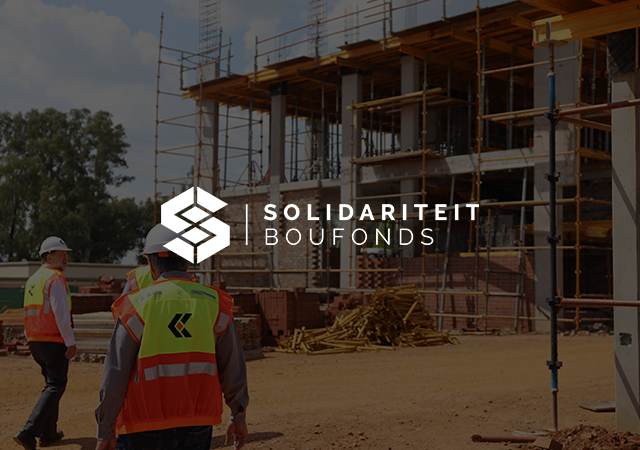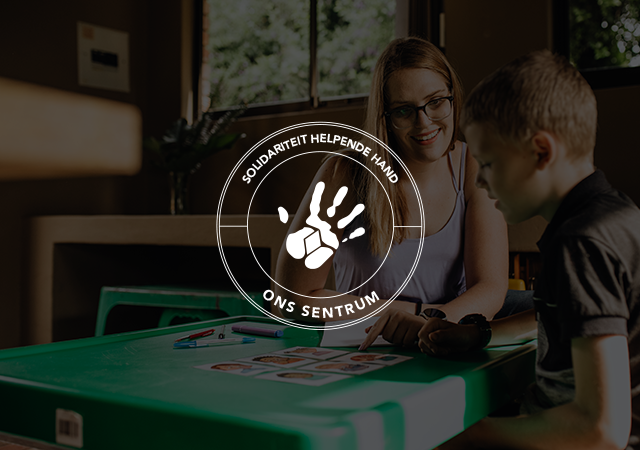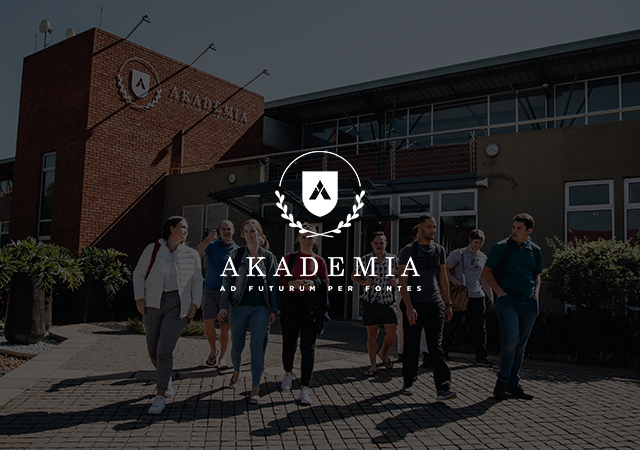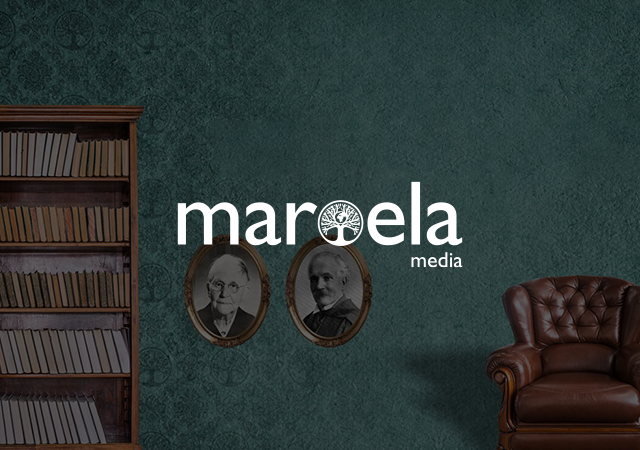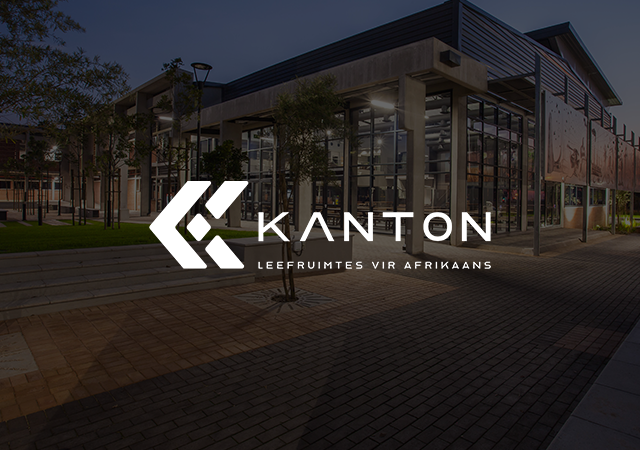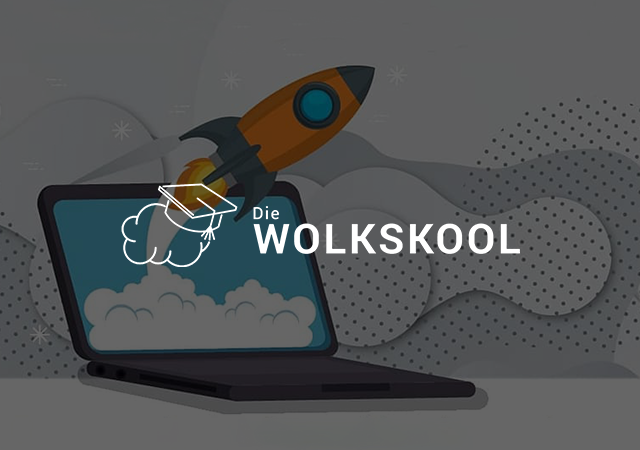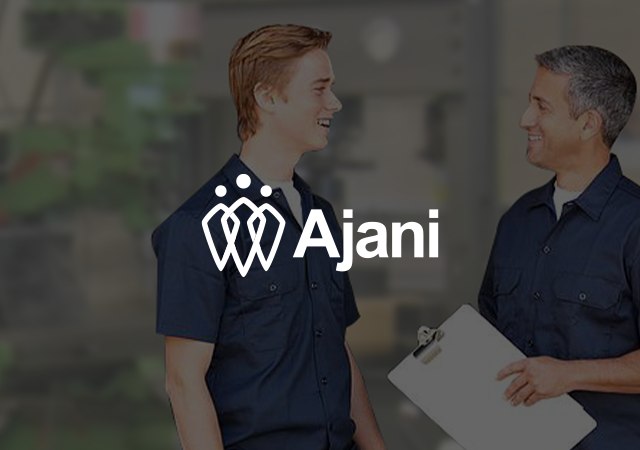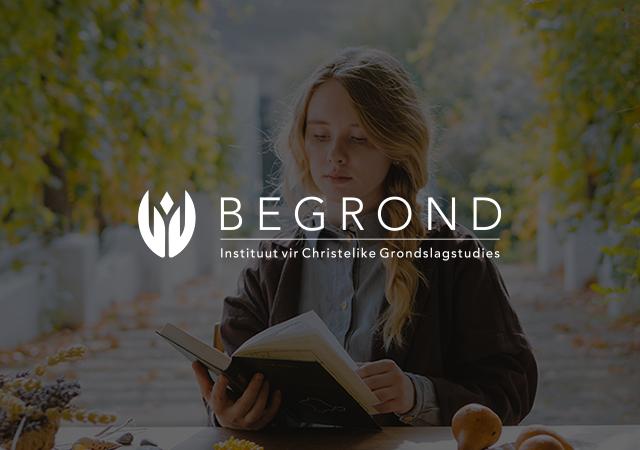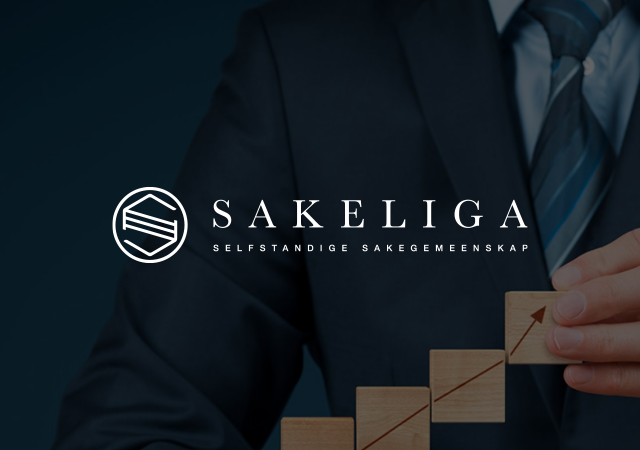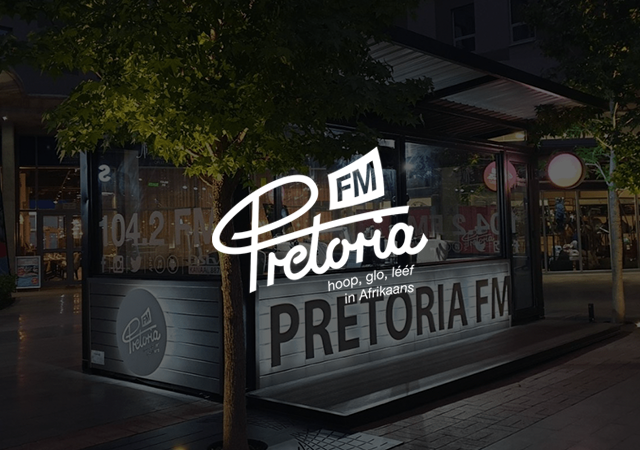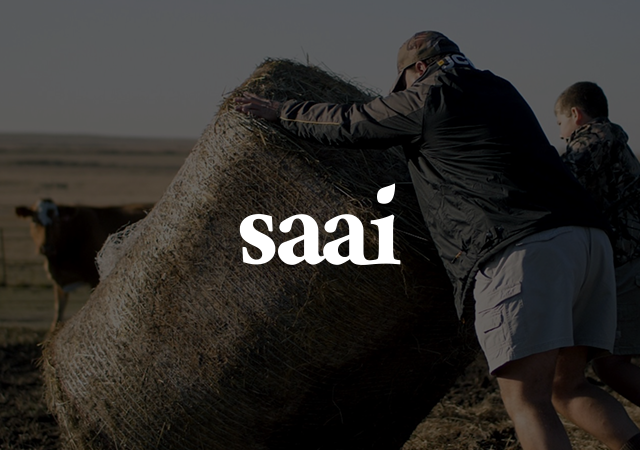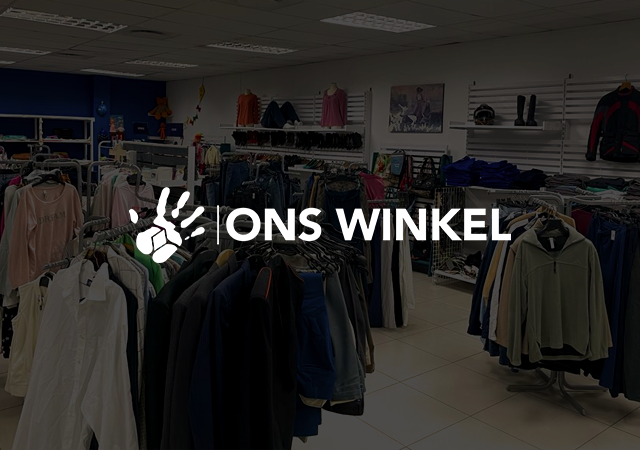Flip Buys
Source: Maroela Media
United States President Donald Trump caused a stir this month with his executive order, which among other things, allows Afrikaners who are prejudiced by racial laws or expropriation without compensation to seek refuge in America.
The fact that the ANC is throwing everything but the kitchen sink in its attempt to govern alone instead of through a government of national unity has now completely alienated the new government in Washington. This is why the Solidarity Movement will now accept the hand of friendship extended by the Americans and offer practical suggestions on how Afrikaners can be helped to live sustainably in Africa, so that we can make a lasting contribution to the well-being of the country and all its people.
We cannot allow a corrupt, incompetent and racist government to drive us out of the country. That is not who we are. We are determined, in the words of Afrikaans writer and scholar NP van Wyk Louw, to carry the treasure of our language and culture safely through the crowd. After all, we did not cross the oceans, survive through centuries, venture into the unknown, stand up to great powers on the battlefield and produce world-class achievements because we are made of jelly.
Here are 10 historical reasons why we will stay and why we will do things ourselves.
We became Afrikaners in Africa
The first Buys in South Africa was a German soldier who sailed from Amsterdam on the Risdam in 1714 to work for the Dutch East India Company (VOC). Like most other Afrikaner families, the Buys family has therefore been in Africa for more than three centuries. We did not come to Africa as Afrikaners. We became Afrikaners here, long before the birth of South Africa as a country. Our language and culture are indigenous to Africa, and nowhere else. We named ourselves, our language and many of our institutions after Africa.
Afrikaners are a self-defined cultural community – a people – and not simply a language group or a racial grouping. Through Afrikaans, we also have a linguistic bond with coloured South Africans, as Afrikaans is one language with many cultures. We come from a Christian Western tradition, and most of us trust in God’s promises of hope for the future.
We are Westerners in and from Africa
NP van Wyk Louw put it strikingly: “In every generation, the task is to keep both our heritages – European and African – close to the heart; to be in Africa, knowing that we are from the old West; to be Western, without disregarding a single difference from Africa” (author’s own translation).
Van Wyk Louw also spoke so beautifully about Afrikaans: “Afrikaans can remain vital only as long as it remains the carrier of our full destiny, of our knowledge-to-both-sides; as long as it continues to think concretely and abstractly; as long as Europe and Africa live in it; Africa indeed, yet also always Europe.”
He saw Afrikaans as the language that connects Western Europe and Africa: “It forms a bridge between the great bright West and the magical Africa, and what great things can arise from their union – this is perhaps what lies ahead for Afrikaans to be discovered.”
The People’s Poet Totius expressed it just as beautifully: “A fine mystical bond of union connects Orange, the Netherlands and Africa throughout everything. No matter how far the waves wash us, the deep heart will always feel – we are secretly one.”
Rather barefoot over the mountains …
After the British had annexed Natal and the Boer Republic of Vryheid in 1843, the Voortrekkers moved again. In the famous words of Johanna Smit to the British representative: “We would rather walk barefoot over the Drakensberg than suffer under British rule any longer.”
The pursuit of freedom as the driving force behind the Great Trek was articulated by Great Trek leaders such as Andries Pretorius, who stated that they left their birthplace not in revolt but in pursuit of freedom. The Dutch thinker Bob Goudzwaard, after studying the history of the Afrikaners, argued that their story was a struggle for survival more than for domination. I find it inconceivable that the sacrifices of our ancestors would be in vain if we were to turn our back on our history.
Collaboration with other communities
It is true that there were many battles and conflicts with indigenous black tribes. However, this is not the full story; there were also numerous peace agreements and instances of collaboration with black groups.
A good description of this is found in the Voortrekker leader Hendrik Potgieter’s report of 3 December 1838 sent to the Governor of the Cape after the Great Trek: “First, we encountered Captain Danser and concluded a peace treaty with him; secondly, King Maroka, with whom we also concluded a peace treaty; thirdly, Captain Pieter Davieds, with whom we likewise concluded a peace treaty; fourthly, King Sikonyela, with whom we also concluded a peace treaty; fifthly Captain Makwana, with whom we also concluded a peace treaty” (a free translation of the original Dutch text).
Churchill on Boer fighters
The most striking description of the Boer fighters was given by the famous statesman Winston Churchill, who came to fight against us as a journalist.
What men they were, these Boers! I thought of them as I had seen them in the morning riding forward through the rain – thousands of independent riflemen, thinking for themselves, possessed of beautiful weapons, led with skill, living as they rode without commissariat or transport or ammunition column, moving like the wind, and supported by iron constitutions and a stern, hard Old Testament God who should surely smite the Amalekites hip and thigh.
Defeated and dejected
The British scorched earth policy and the concentration camps were devastating. My one grandfather and one grandmother were child survivors of the camps, while my other great-grandfather was imprisoned, and his house was arsoned after he had smuggled horses for the Free State Boers as a colonial subject. Prof. David Welsh described the condition of Afrikaners after the Anglo-Boer War as follows:
After 1902 the Afrikaners of the defeated Trekker republics displayed many of the symptoms of a conquered people: impoverished, defeated, despairing, low in morale, and with a powerfully internalised inferiority complex. They were facing the possible obliteration of their identity by the overwhelming power of their conqueror’s institutions and culture.
The recovery after the war was extremely difficult, and historian Dan O’Meara could have been describing my mineworker grandfather when he outlined their struggle until 1948:
The structure of South African capitalism offered few opportunities to those whose home language was Afrikaans. Its language was English, and Afrikaans-speakers were powerfully discriminated against. Promotion and advancement required both proficiency in a foreign language – that of a conqueror – and virtual total acceptance of the structure and values dominant in the economy.
A fiery Cold War
The Cold War was raging in South Africa, with the ANC squarely in the Communist camp. This put the South African Defence Force in direct conflict with the former Soviet Union and Red China that had armed and supported the liberation movements in Southern Africa.
The Cold War froze whatever political manoeuvring space there had been, and the South African Defence Force and South African Police were tasked with preventing a violent revolutionary takeover until the collapse of the Eastern Bloc made negotiations possible. Western powers, particularly the immense pressure from the USA on the NP government, played a major role in the eventual constitutional settlement.
Africa after independence
Understandably, Afrikaners were also very sceptical about the prospects of a successful democracy in South Africa, given the outcomes that Western models had led to in Africa. Martin Meredith sums it up aptly in his book The Fortunes of Africa:
The succession of coups in Africa swept on so rapidly that many episodes passed by in little more than a blur. In the first two decades of independence, there were some forty successful coups and countless attempted coups. Not once was there an occasion when an African government was peacefully voted out of office.
A movement founded
The origins of the Solidarity Movement can be traced back to the 1998 congress of the then Mine Workers’ Union, where the trade union’s national council accepted my proposal to transform the MWU into a modern self-help movement.
The reason for this was twofold: we did not believe that the ANC could successfully govern the country, and we believed that they would create a new racial dispensation that would effectively turn Afrikaners into second-class citizens.
The aim of the Movement was to build the cultural infrastructure that Afrikaners would need to remain sustainably free, safe and prosperous in southern Africa. In so doing, Afrikaners would at the same time be able to make a lasting contribution to the well-being of the country and all its people. Our assumption at the time – that we would initially be denounced as radicals but would gradually gain more support as the outcomes of ANC policy became visible – has been realised in practice.
In the 1990s, the country had to change to prevent a terrible end. The task of our movement now is to help prevent an endless horror.
Foreign support
For years after 1994, it was impossible to gain support for Afrikaners’ legitimate aspirations for cultural autonomy because the ANC had taken the moral high ground, and the consequences of their policies were not yet clear to the outside world.
The ANC’s rotten track record of governance, leading to widespread state failure, along with the ongoing centralisation of power and the accompanying curtailment of freedoms, gave new meaning to Prof. Welsh’s warning about a “tyranny of the majority”.
Welsh stated:
Simple majority rule … can easily – and commonly does – degenerate into a “tyranny of the majority” when elections assume the form of a racial census. Undeniably, majorities have rights, but so do minorities. If […] majorities use their power to steamroller minorities, denying them influence even in decisions that affect their vital interests, the quality of democracy will deteriorate.
Moreover, the comparative evidence from divided societies does not offer much support for the view that the salience of ethnic or racial identities will eventually give way to voting alignments that are shaped more by, say, class, interests or ideology. Democratic constitutional forms have been maintained, but a single-party dominant system become entrenched.
